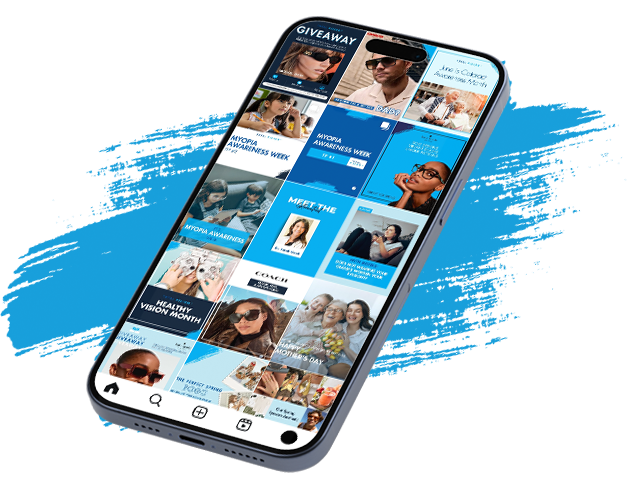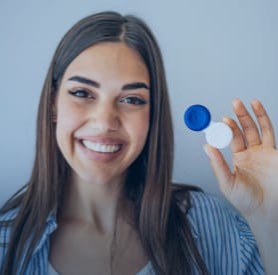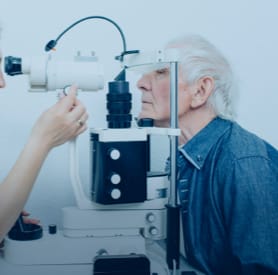Total Myopia Program
Myopia, also known as nearsightedness, is a common refractive error that affects lots of children. Myopia causes distant objects to appear blurry and our team screens for myopia in each child’s eye exam. We work with you and explore myopia control methods that can help your kids enjoy clear, healthy vision.
Total Vision Pleasanton, formerly Foothill Optometric Group, is also thrilled to announce the “Total Myopia” program!
For a limited time, we are offering free virtual ortho-k consultations! For questions regarding your or your loved one’s consultation, book online today or call (855) 251-2440!
The Total Myopia medical professionals and their dedicated team employ modern technology to assess, care for, and develop tailored treatment strategies for every patient. These comprehensive strategies include:
- Customized eye drops, soft multifocal contacts, and overnight lenses
- A systematic approach with scheduled follow-up appointments to help sustain eye health through consistent medical oversight and management
- Assessments aligned with the individualized treatment plan for each patient
- Thorough training on the proper usage, insertion, and removal of contact lenses
- An ongoing maintenance regimen for effective myopia control, with a focus on achieving lasting results
Correcting & Protecting Your Child’s Vision
For a long time, it was believed that nearsightedness was just a refractive error that required correction with glasses or contacts. Now, we understand that any level of myopia comes with an increased risk of vision loss later in life.
The great news is that if your child is nearsighted, you can protect their future vision with one simple tool: myopia control.
Learn how we can correct your child’s vision and the health of their eyes with myopia control.


What is Myopia?
Myopia is a refractive error that makes it difficult for a person to see things clearly in the distance. Also called nearsightedness, it happens because the eye grows too long, or the cornea becomes too steep.
Myopia is one of the most common vision problems around the world. In the United States, more than 40% of the population is nearsighted, and that is expected to grow.
It’s Not Just About Glasses
People who are nearsighted have an increased risk of serious eye conditions later in life, including glaucoma, myopic macular degeneration, and retinal tears.
Myopia control is a fantastic advancement in eye care. It can mean a lower prescription by adulthood and therefore a lower risk of these sight-threatening conditions.
The earlier we start myopia control for your child, the better. Studies have shown that the effect is cumulative, so the sooner we intervene, the more of an impact we can have on your child’s vision.
How We Manage Myopia
Myopia control isn’t about “curing” nearsightedness. Rather, it’s about slowing the irregular growth of the eye that typically makes a child’s prescription worse as they grow.Generally speaking, all myopia management methods work in a similar way: they signal to the eye that it doesn’t need to grow longer. We’ll discuss the best option for your child in their eye exam.
Corneal Refractive Therapy (CRT)
Corneal refractive therapy lenses, or CRT (also called ortho-k) are contact lenses your child wears overnight to temporarily reshape their corneas and provide myopia control. In the morning, they remove the contacts and they can see clearly.
These contacts are custom-fit precisely to your child’s eyes to correct their unique prescription.
MiSight Daily Contacts
MiSight daily contacts are worn throughout the day just like typical soft contacts. They’re a great option for nearsighted kids ages 8–12.
MiSight contacts have been clinically shown to reduce myopia by 59% on average and many children prefer them over glasses.
Atropine Eye Drops
Atropine is the medicine we use when we dilate the eyes for a comprehensive eye exam. In a very low dose administered daily, atropine eye drops have been shown to provide a myopia control effect.
The drops don’t correct vision, so your child will still wear their normal glasses or contacts during the day, if needed.
Healthy Eyes for Life
An eye exam can easily diagnose nearsightedness in your child, as well as identify any other vision problems that might get in the way of learning and playing. School-aged children should have eye exams at least once a year. Book your child’s eye exam today.

Come See What We’re All About
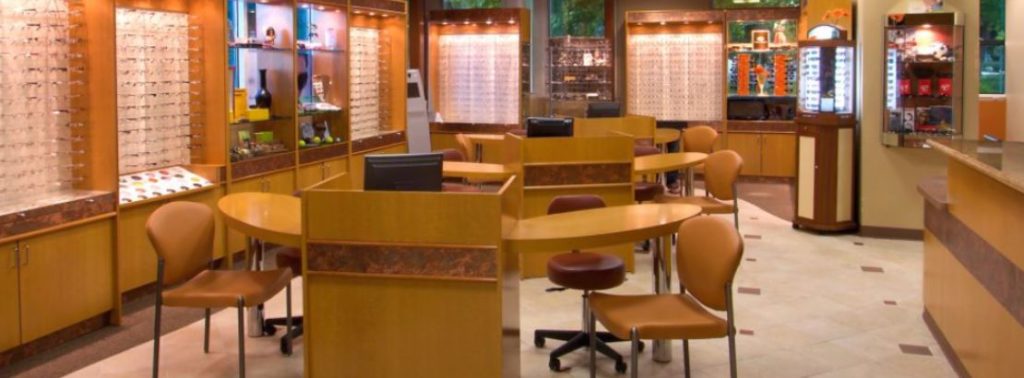
Our Practice in Pleasanton
You can find us at the corner of Stoneridge Drive and Franklin Drive in picturesque Pleasanton, California.
Our Address
- 6155 Stoneridge Drive, Suite #100
- Pleasanton, CA 94588
Contact Information
- Phone: 925-463-2150
- Email: [email protected]
Hours of Operation
- Monday: 8:00 AM – 5:00 PM
- Tuesday: 8:00 AM – 5:00 PM
- Wednesday: 8:00 AM – 5:00 PM
- Thursday: 8:00 AM – 6:30 PM
- Friday: 8:00 AM – 5:00 PM
- Saturday: 8:00 AM – 2:30 PM
- Sunday: Closed
Our Brands
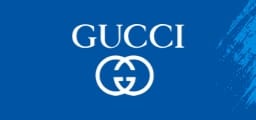

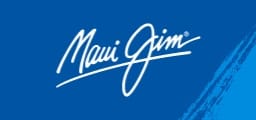
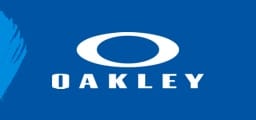
Our Google Reviews
Be the First to Know,
Be the First to Win.
From eye health insights to exclusive giveaways, your feed just got a lot clearer.
